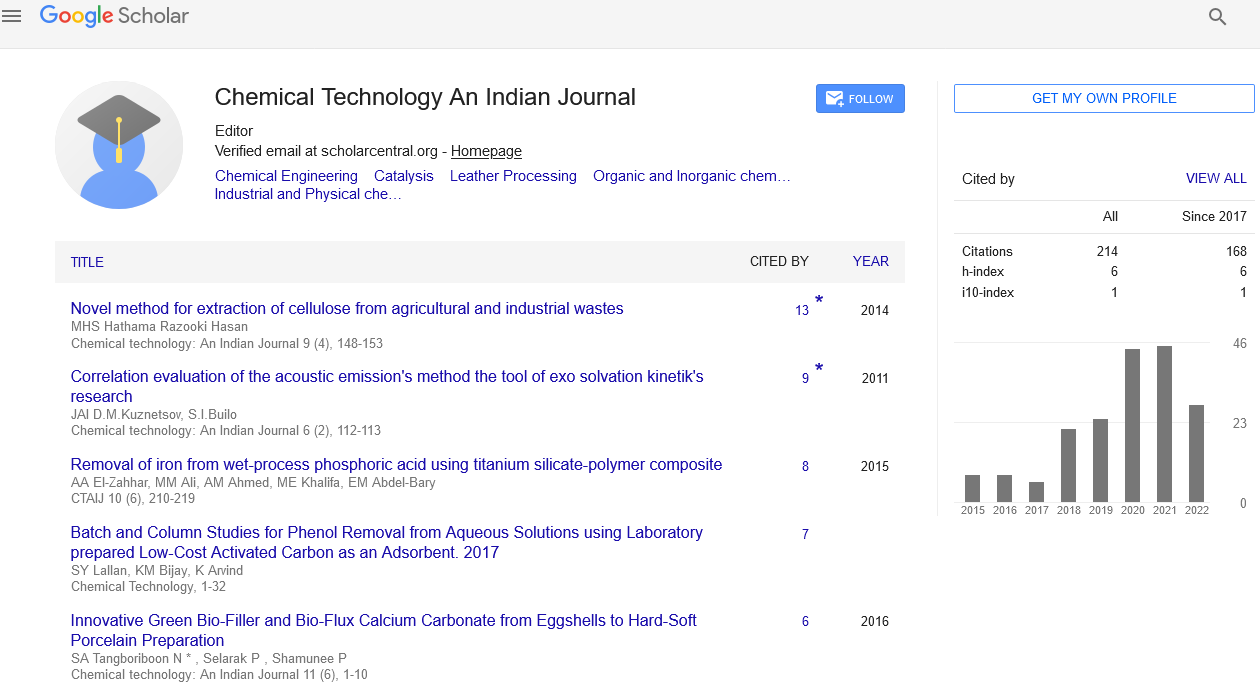Abstract
The role of biochemical engineering in the production of biofuels from microalgae
Author(s): Jackie JonasThe search for alternative sources that have a lesser environmental impact is motivated by environmental changes that have happened as a result of the use of fossil fuels. Crops like sugar cane, corn, and soybeans, which contribute to water scarcity and deforestation, were used to make first-generation biofuels. Lignocellulose agriculture and forest wastes were the source of second-generation biofuels, but both required significant tracts of land that might be used for food production. According to technical predictions, microalgae will be used to produce the third generation of biofuels. Microalgae are regarded as a substitute energy source that doesn't have the disadvantages of first- and second-generation biofuels. Microalgae can produce biocompounds that can be easily transformed into biofuels depending on the growing circumstances. The increase of human activity can continue while maintaining environmental harmony thanks to the biofuels made from microalgae.

